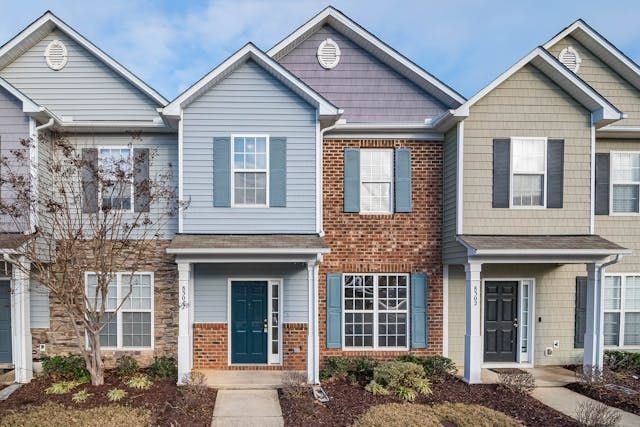Setting the Right Rental Price
What price is right?
When you are first bringing your property to market or when you have a vacancy, you need to set a price for your rental. There are a few factors to consider that can help you set the right price for your unit. The right price will attract the best tenants and will generate income for you as well.
Look at comparables to set the right rent. One of the first things to do is to look at the competition. You want to focus on rentals that are as similar to yours as possible. Neighborhood, number of bedrooms and bathrooms, single-family homes vs. multi-family homes, and new constructions vs old constructions.- You can view properties for rent on sites like Zillow, Trulia, and Hotpads. You can check out some of the apartments in person and compare them to your unit. Ask the landlord if there is a lot of interest in the property.
2. Adjust price according to amenities. Don’t set a standard price for all one bedroom, or set a standard difference in price between one and two bedrooms. Unless the units are exactly the same, this strategy will hurt you in the end. You should charge slightly different rents based on how desirable the unit is
- View - apartments with a garden view or ocean view are more desirable than a view of the parking lot.
- Updates - units with updated appliances, hardwood floors, or other amenities are more desirable than those without
- Square footage - Larger square footage is more desirable.
- Layout. Railroad style apartments are less desirable than other layouts.
- Floor Level - Higher floors are desirable. The exception is a walk up, where after the third floor, you will have to start lowering the price. People will not want to go up and down the stairs.
3. The right rent leads to profits. Everyone has a different goal when owning property. Regardless of your goal, the right rent should, at minimum, be enough to cover all of your expenses for the property. The rent should cover:
- Your PITI mortgage payment (if you have one)
- Maintenance and repairs on the property.
- Vacancy costs
- Landlords may be able to put on average, zero to six percent of the rent in their pocket each month as profit.
Keep in mind that many property owners, especially those with large mortgages or construction loans, do not see an actual profit until they sell their property or until they have owned the property long term. Regardless, if the unit is not benefitting you in some way each month (paying down your mortgage, reaping tax benefits, putting money directly in your pocket) you have not set the right rent.
Are prospective tenants requesting viewings? If not, the price of your rental may be to blame. If your rent is set too high, prospective tenants will stay away. If your property does not have the location or amenities to back up the higher price tag, tenants will move on to another property.
Setting a price is not a one-time event. You must constantly look at the market and adjust the rent based on demand. The basic rule of thumb is, when there is a greater demand for your particular unit, you can charge a higher rent. When there is less demand, you may have to lower the rent to attract tenants.
If you have questions about setting the right price, visit our website,
www.ccrentalpro.com for pricing tips or contact our office directly. We’ll be happy to help.








